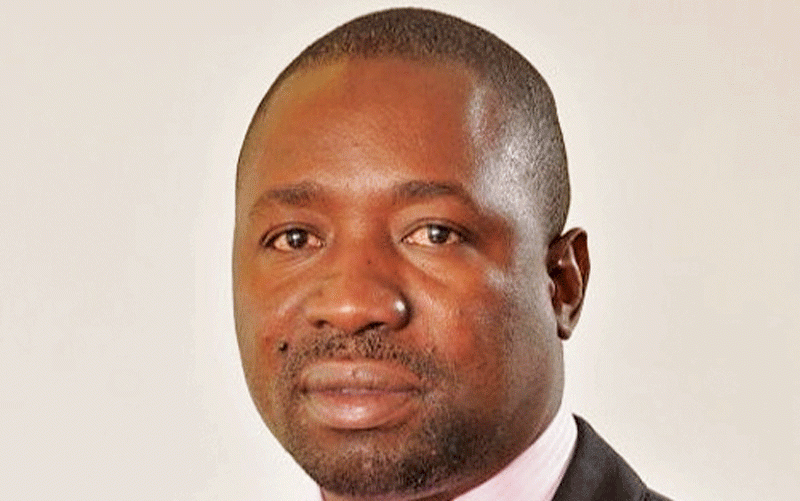
INDUSTRIAL Psychology Consultants founder and managing consultant Memory Nguwi (MN) has extensive experience in human resources management in both line function and consultancy services. He speaks to our columnist Jonah Nyoni (JN) on the need for companies to keep on evolving and aligning to the demands that change brings. Find the excerpts below:
JN: Most companies close shop, the possible reason could be the winds of change. What can a company do to keep pace, be productive, and profitable in face of change?
MN: The challenge is that most companies do not have well-thought strategies to win on the market. Strategy is about making choices to do certain things and not to do certain things. Once such choices are made you find the best ways to win in the chosen areas. The focus has been on strategic planning instead of strategy formulation. If you review most strategy documents, you would find that there are no strategic choices being made. It’s all about planning to plan.
I have also noted that most companies are not innovating enough to keep pace with the changing environment. The biggest threat to any business is those outside that business sector who are going to look at issues with a fresh pair of eyes without any preconceived ideas about how to be successful in the sector.
JN: Author Peter Senge speaks extensively about organisational learning/learning organisation. What is organisational learning/ learning organisation? Why is it important?
MN: The learning organisation speaks to a system that must be configured for continuous learning in the form of daily experiences and anticipated experiences based on the challenges the business will face. You cannot build a learning organisation with the wrong culture. You start by addressing the culture first.
JN: Leadership agility drives the organisation, as John C. Maxwell would say. Can we say organisation success is all about the leader?
MN: It all comes down to the quality of leadership, especially the CEO. They need to have certain traits that make them win. Let’s look at the CEO Genome Project which was a five-year research initiative that analysed over 2 600 CEOs worldwide. Its aim was to identify the distinguishing characteristics and experiences of successful CEOs. The project's key findings revealed that successful CEOs are decisive, engage stakeholders effectively, are adaptable to change, and consistently deliver results.
- Commodity price boom buoys GB
- ‘Inflation could shoot to 700% by April next year’
- Trafigura seeks control of Zim metals over debts
- ‘Inflation could shoot to 700% by April next year’
Keep Reading
While senior leadership is important, research shows that the quality of management practices have a greater effect. Some research has shown that the quality of middle managers significantly affects company performance.
JN: How does personal development lead to organisational effectiveness?
MN: One of the key points to take note of is that any training and development done to an employee which does not give them an opportunity to practise what they have learnt is likely to go to waste as research shows that roughly trainees lose 90% of material learnt within three months if not given an opportunity to practise. Also, research shows that 70% of training offered by organisations is generic and does not address specific training needs for individuals.
However, there is value in coaching. Extensive scientific research on coaching and development programmes as provided key insights into their effectiveness. Regardless of the duration and format of the coaching programme, such as in-person, virtual, or hybrid, meta-analytic data consistently show that coaching significantly improves the effectiveness of leaders. It not only enhances their skills but also improves their emotional competence. Multisource feedback, also known as 360-degree feedback, and personality-based assessments can greatly enhance the outcomes of coaching interventions.
JN: In a smidgen, what are the processes of building an effective strategy, in the face of fast change and the growth of AI?
MN: As already mentioned, strategy is about making choices about what services or products to pursue. What markets to focus on and how to win in those markets. This should be followed by clearly articulating how to win in the choices made. This should be followed by building the capability to drive the strategy chosen and this will likely include building AI capabilities within the organisation. The tragedy is most businesses have no strategy for digitilisation instead what you find is focus on computerisation including computerising inefficient systems to make sure inefficient systems are done inefficiently by the computer system.
JN: A great strategy is built around talent density and great teams that are allowed to contribute ideas without fearing the leader. What is the power of a healthy feedback loop? How do we build an open culture?
MN: It comes down to psychological safety. Many good ideas are going to waste because people are never allowed to disagree with the powers that be or proffer new solutions. Without psychological safety, all claims of being a team are just political statements. Every culture is driven by unwritten rules, not written policies. Few leaders can identify these unwritten rules and recreate new unwritten rules that benefit the business.
JN: As a parting point, what tools would you recommend for leadership growth and effectiveness?
MN: The best form of leadership development is experiential learning. It is also important to note there are some people who should never be in leadership because they will never be able to be good leaders because of their genetic makeup. This is regardless of how sophisticated the training you offer.







